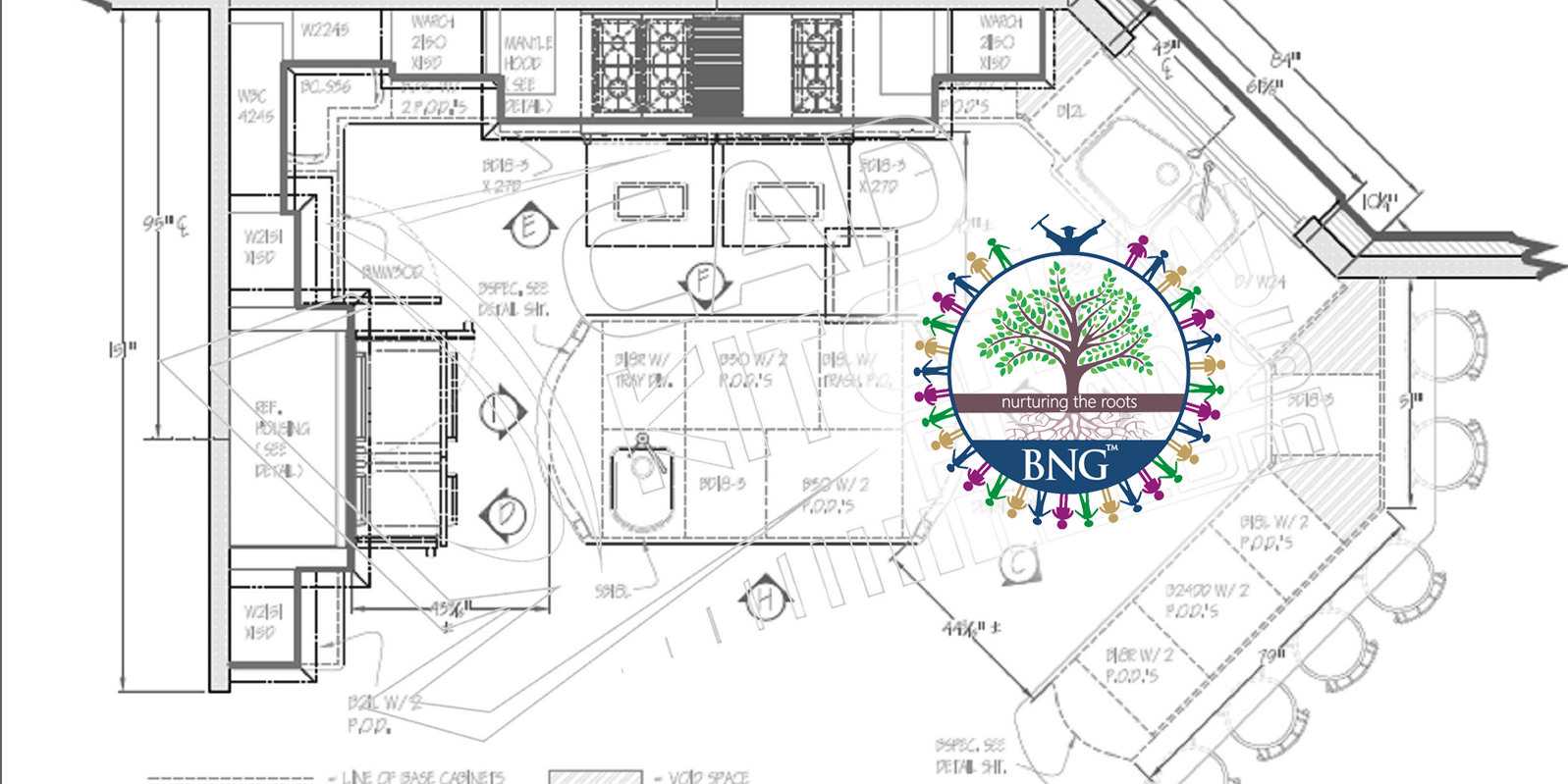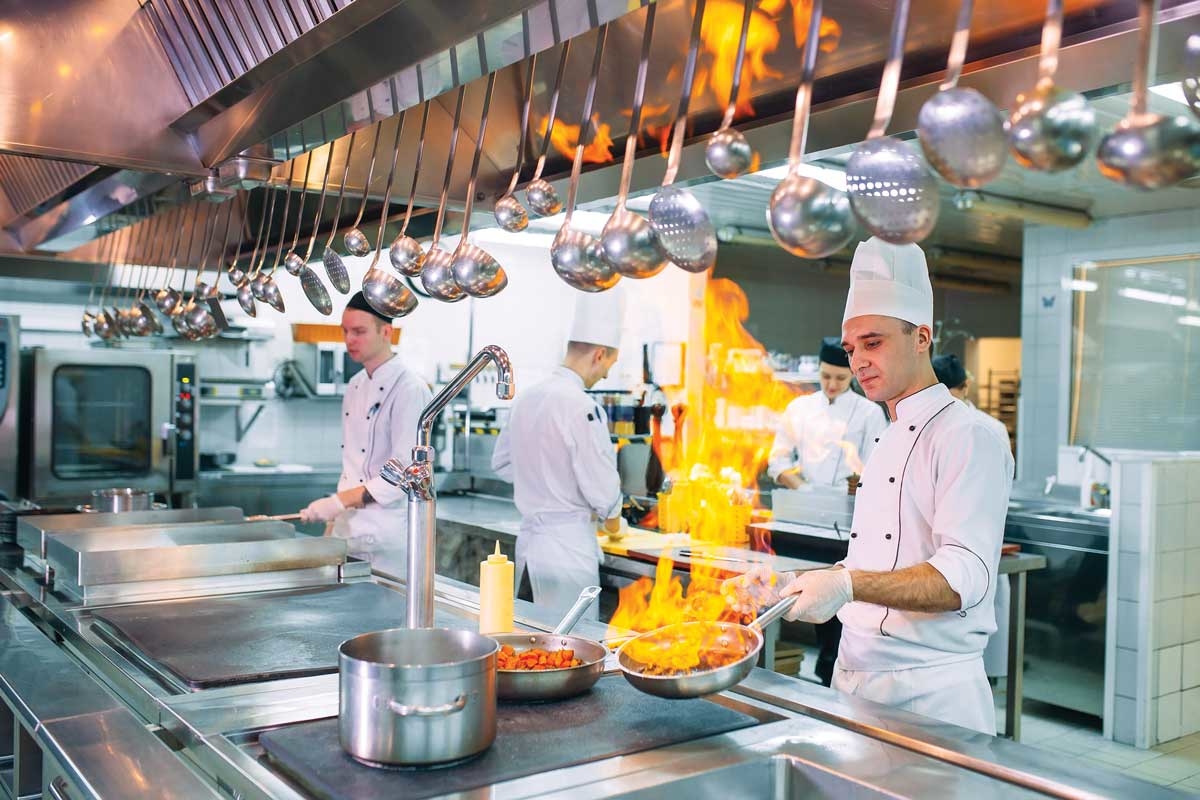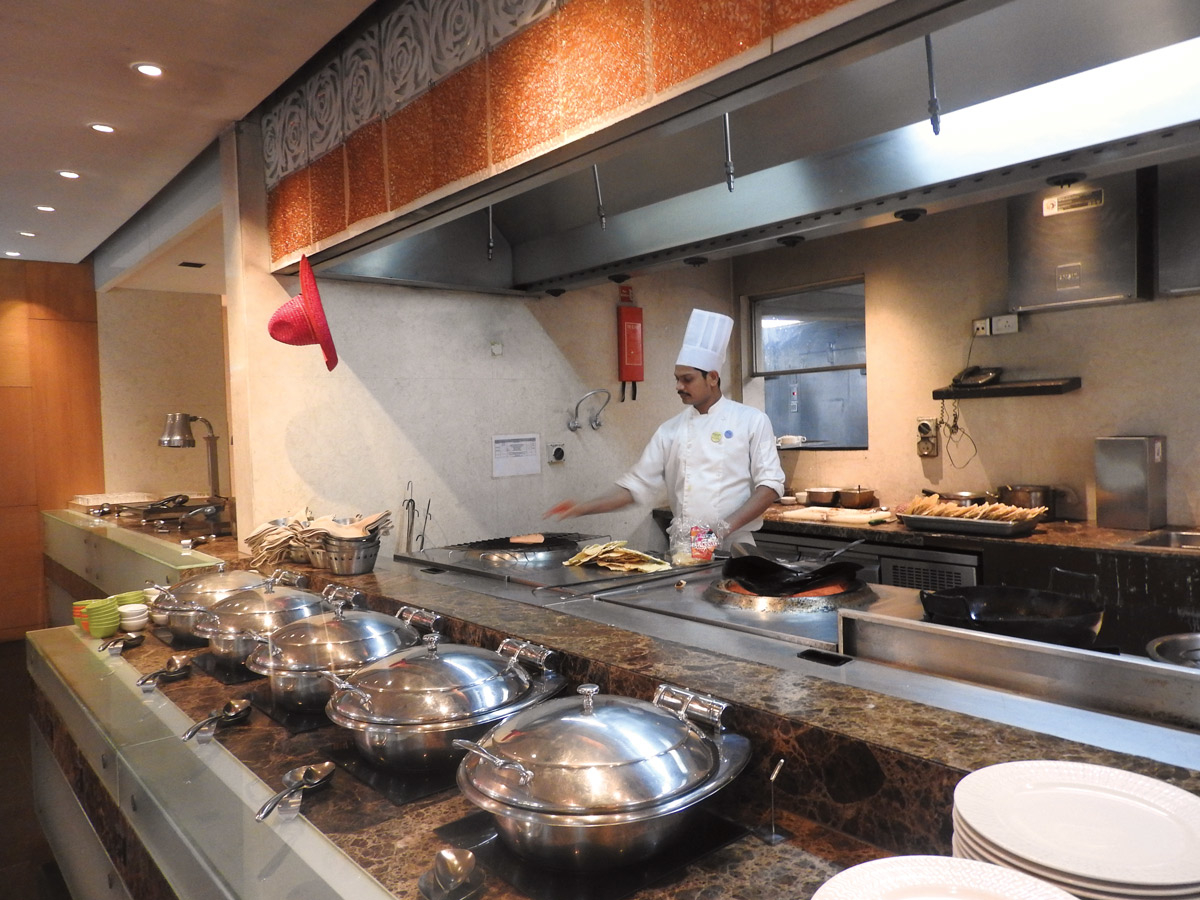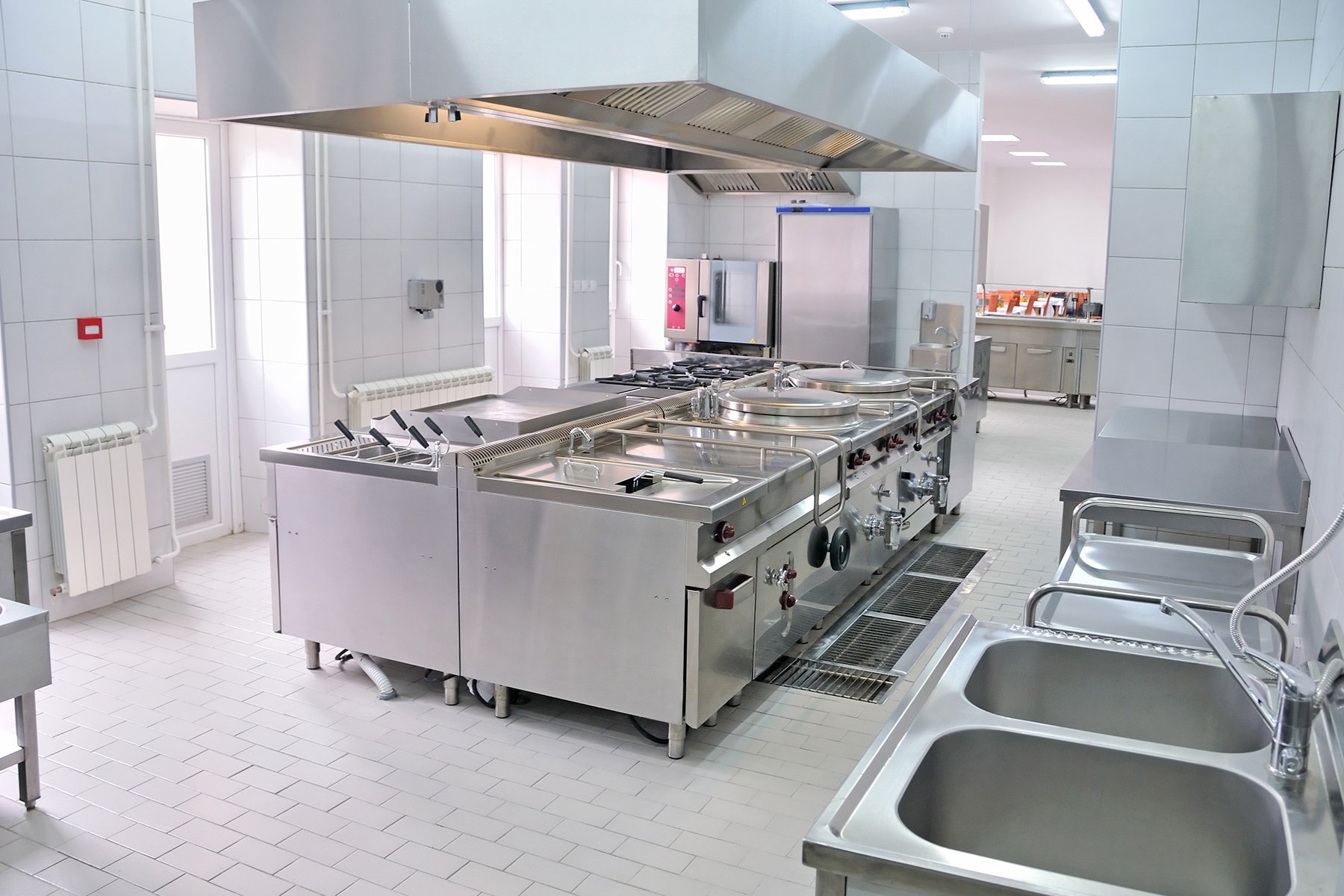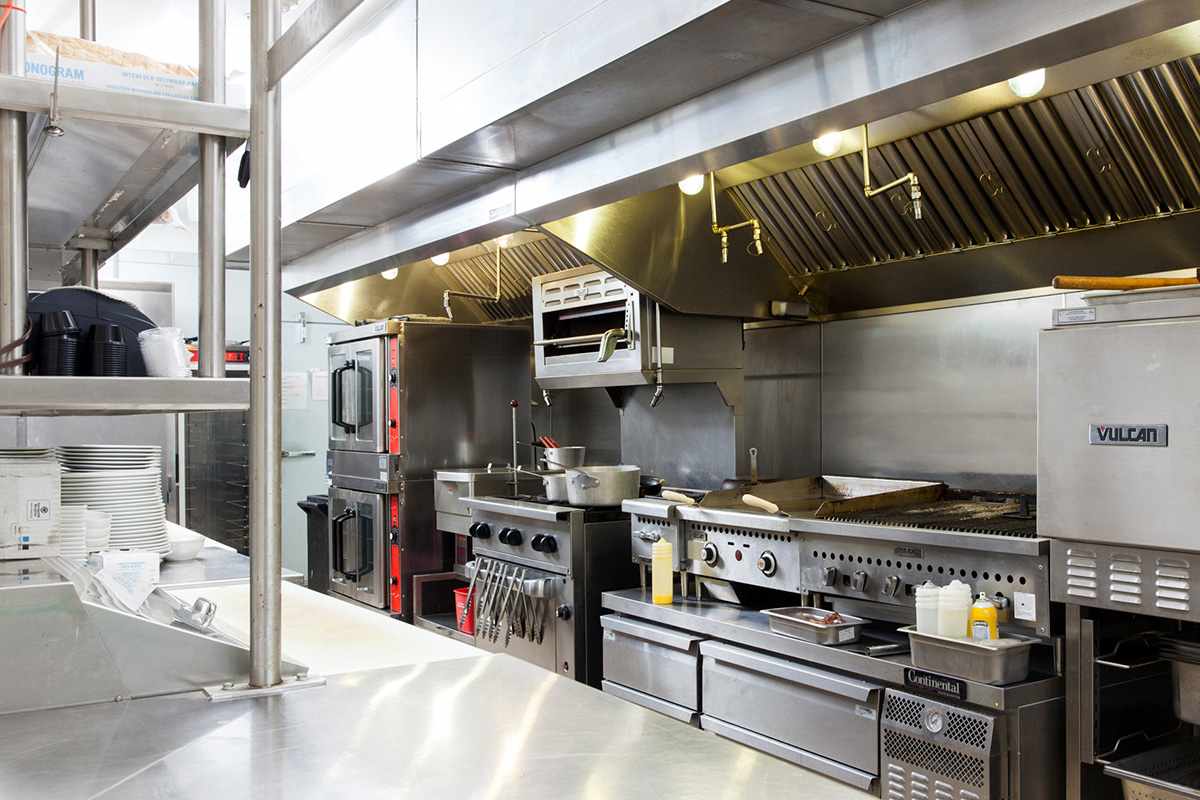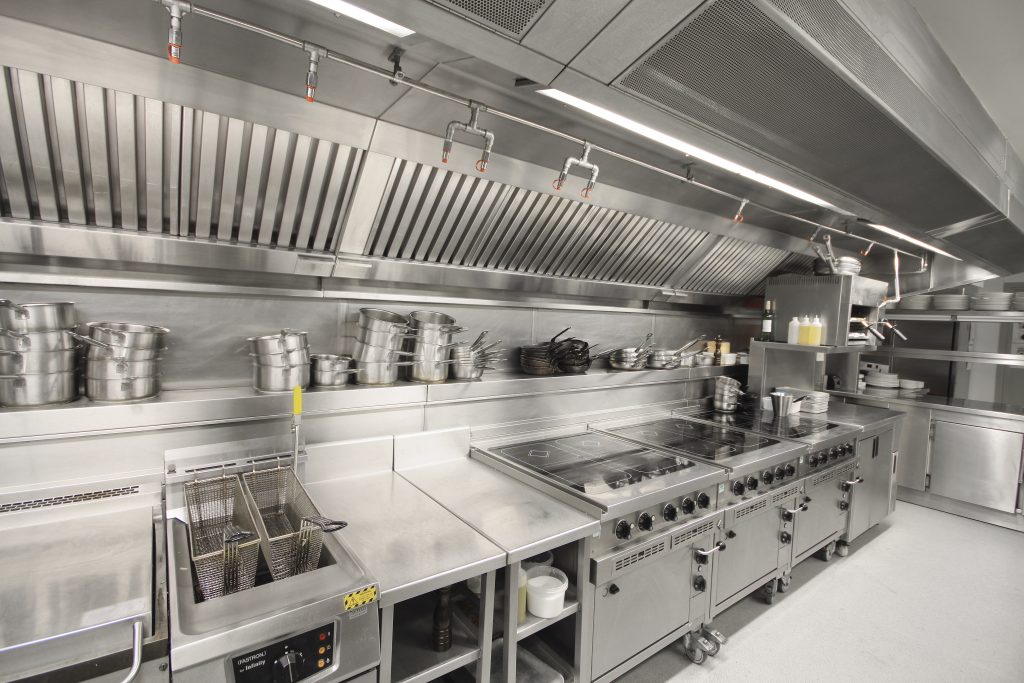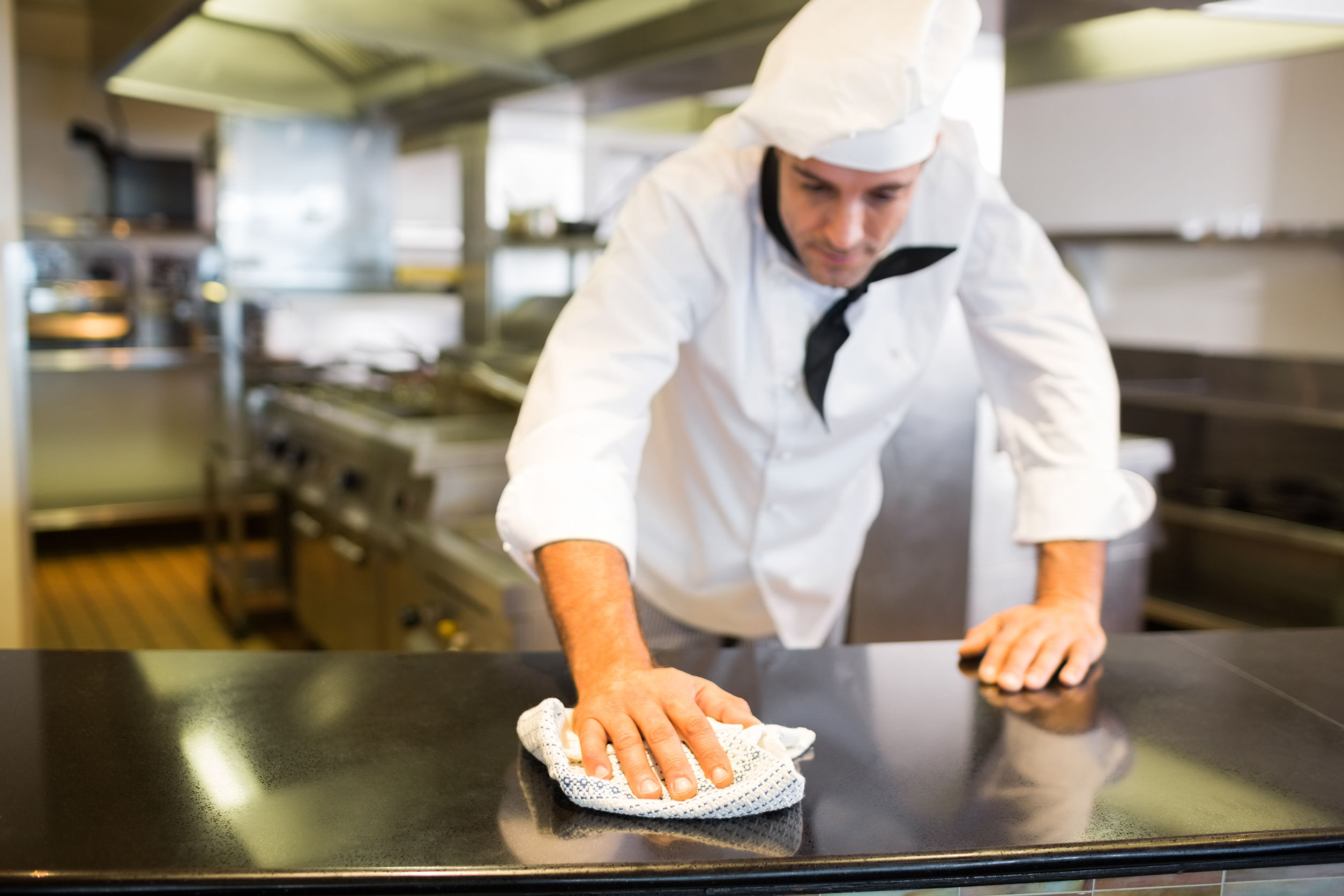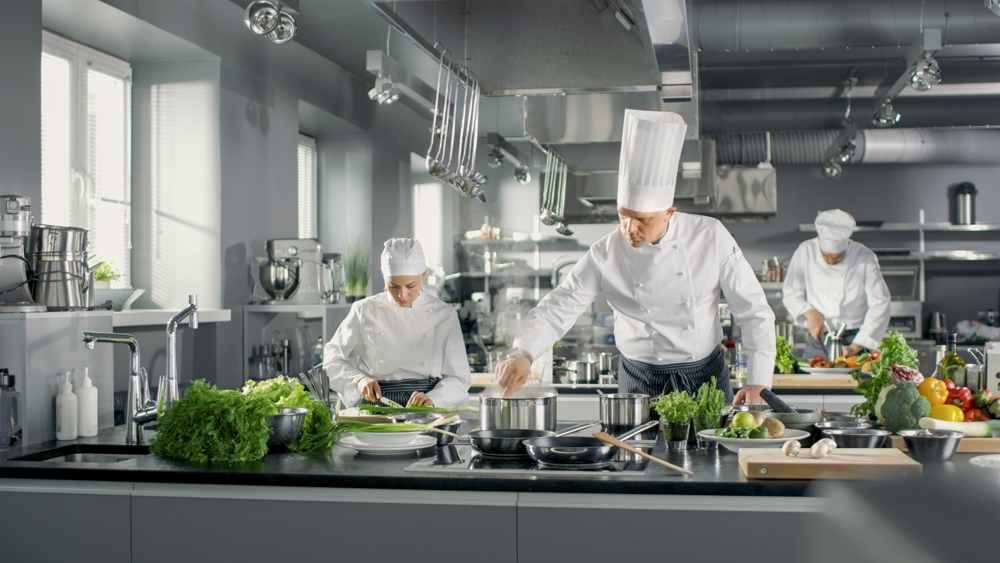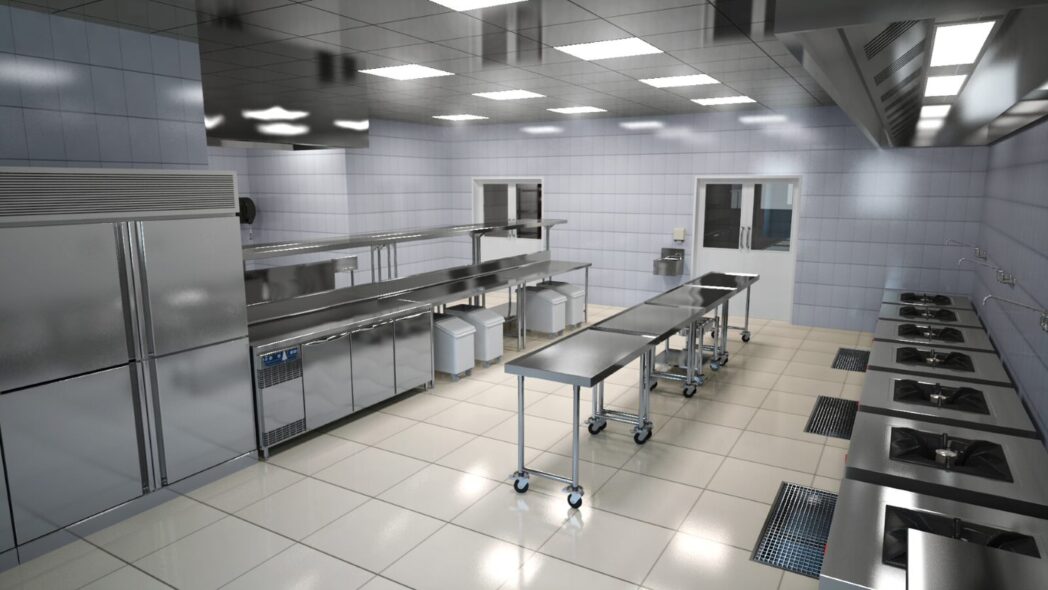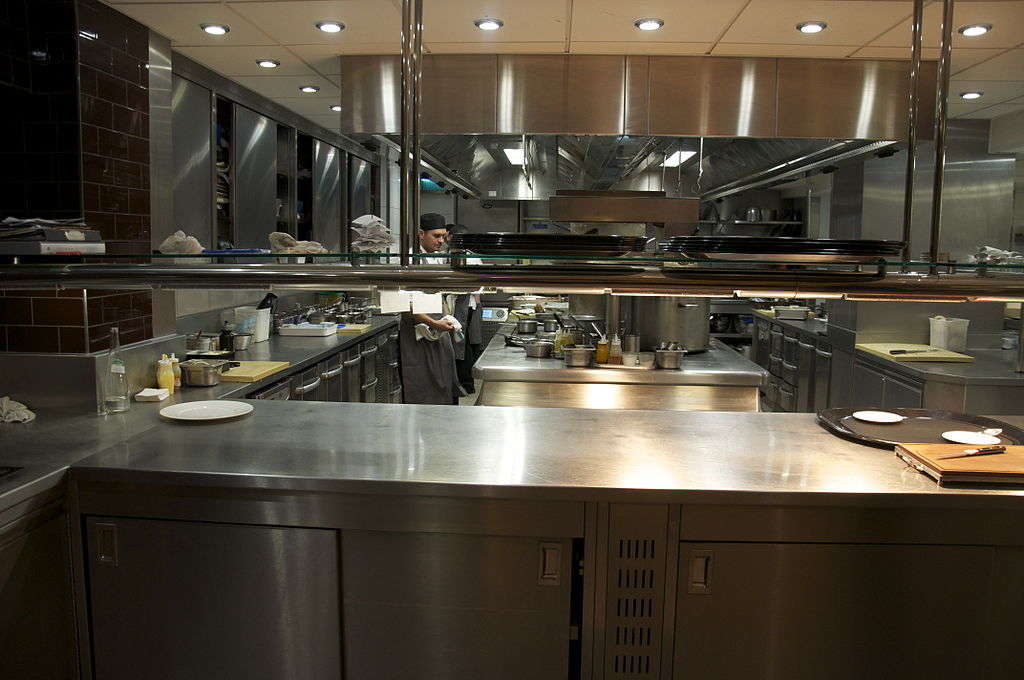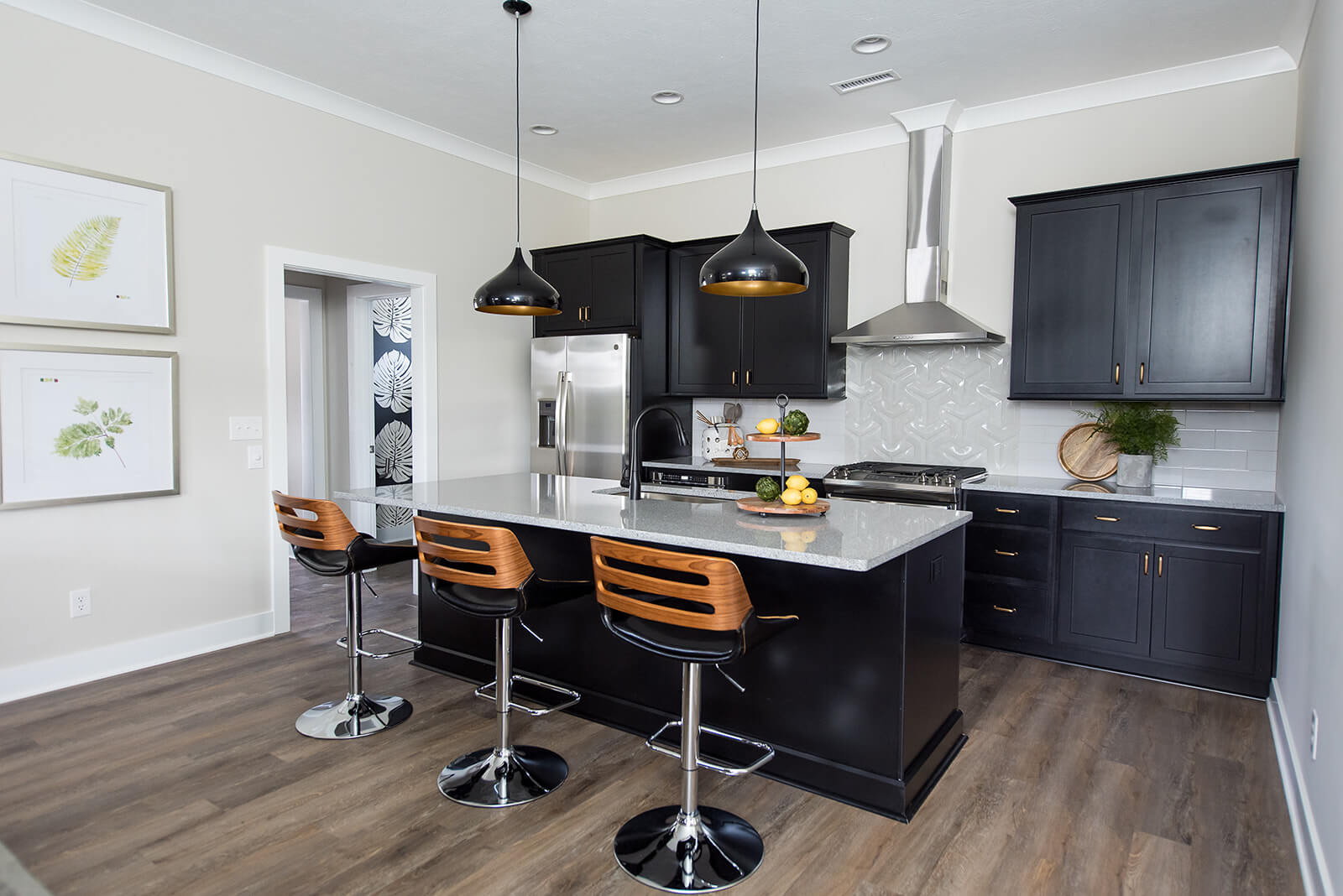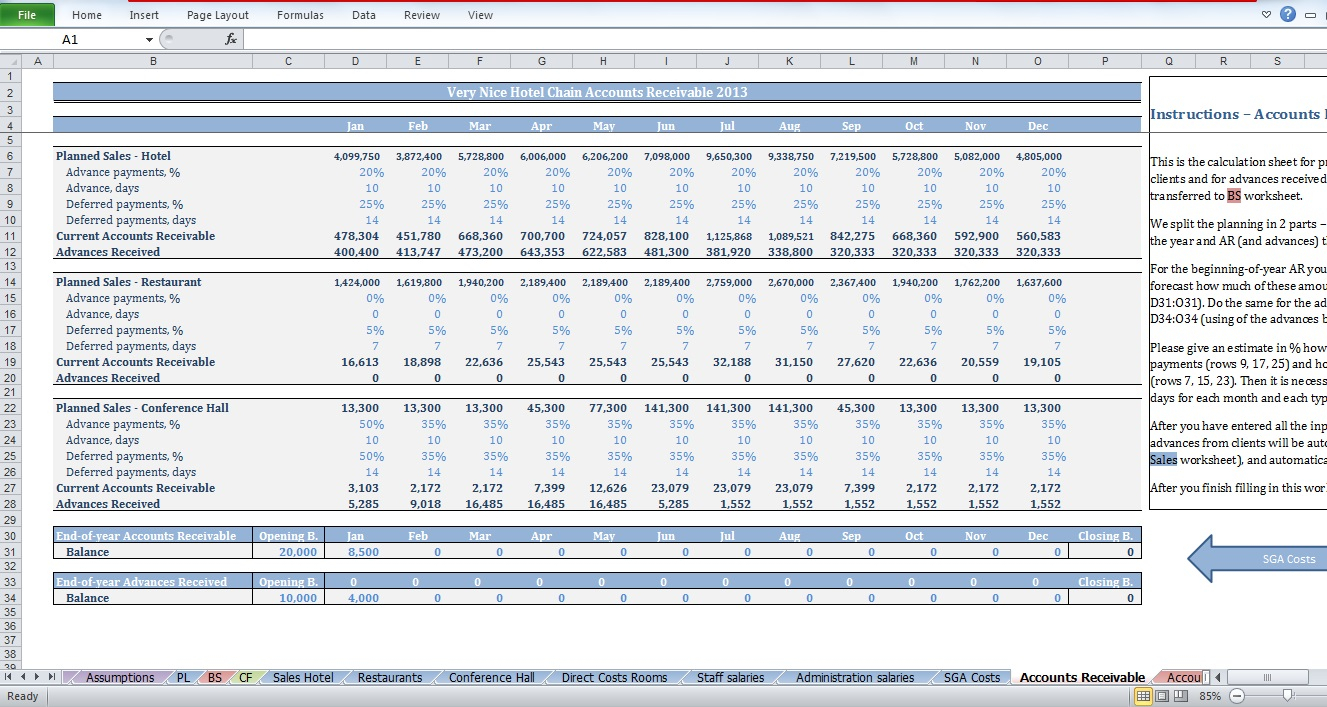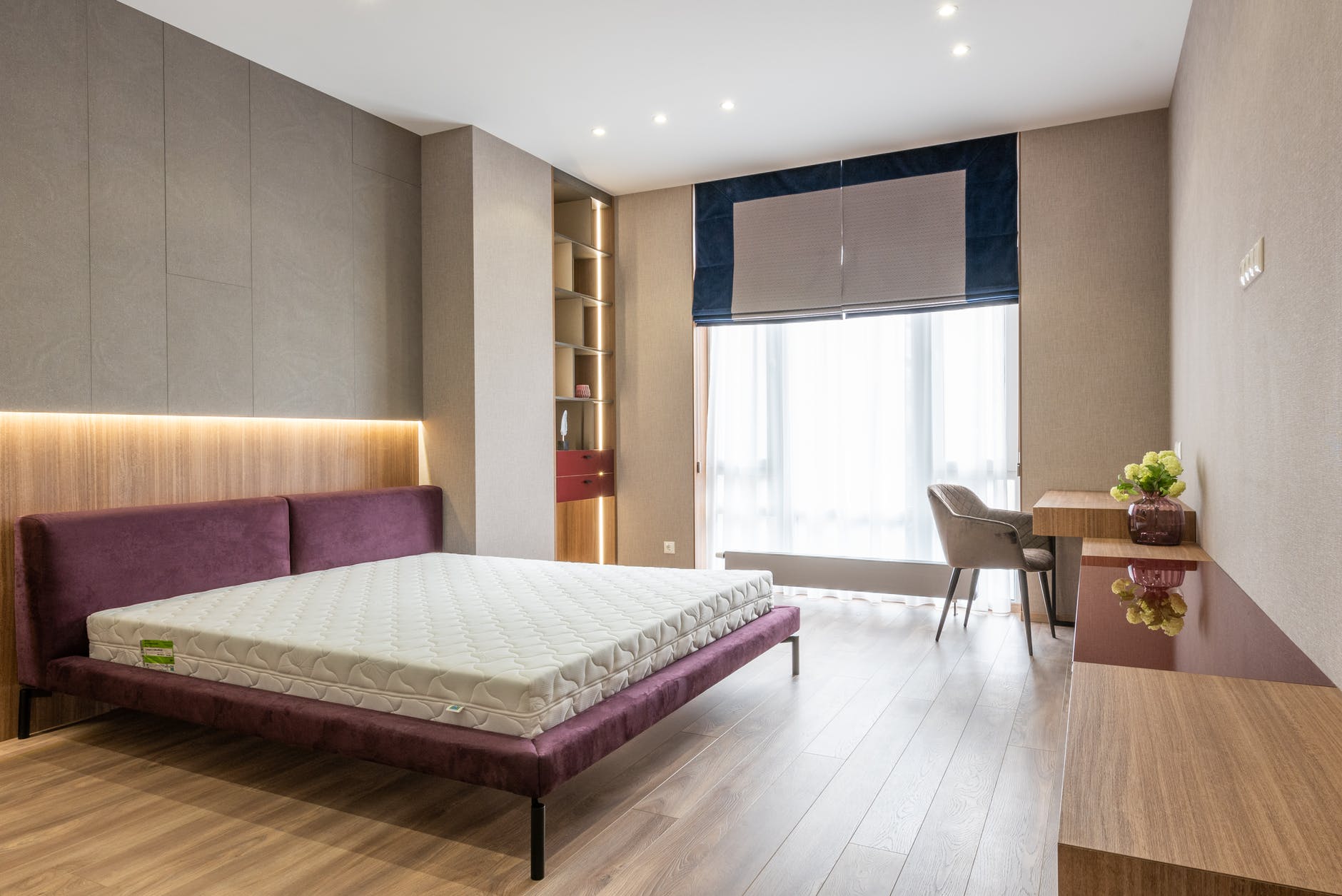Designing a hotel kitchen is a crucial task that requires careful planning and consideration. After all, a well-designed kitchen can make all the difference in the efficiency and success of a hotel's food service operations. From the layout to the equipment and appliances, every aspect of a hotel kitchen must be thoughtfully chosen to ensure functionality, safety, and cost-effectiveness. In this article, we will discuss the top 10 tips for designing a hotel kitchen that meets the needs of both the staff and guests.Hotel Kitchen Design: How to Design a Hotel Kitchen
When it comes to designing a hotel kitchen, there are several important factors to keep in mind. First and foremost, the kitchen must be designed to meet the specific needs and demands of the hotel. This includes considering the types of food and beverages served, the number of guests served, and the level of service provided. Additionally, the kitchen must comply with local health and safety regulations and be equipped to handle potential hazards such as fire and foodborne illnesses. Another crucial consideration is the layout of the kitchen. The layout should be designed to optimize workflow and minimize the need for staff to cross paths, which can lead to inefficiency and accidents. The three main types of kitchen layouts are the zone, assembly line, and island. Each layout has its benefits and drawbacks, and the choice will depend on the specific needs and limitations of the hotel.Designing a Hotel Kitchen: Tips and Considerations
When designing a hotel kitchen, it is essential to consider the available space and budget. A larger kitchen may have more room for equipment and staff to move around, but it also means higher costs in terms of construction and maintenance. On the other hand, a smaller kitchen may require more strategic planning to ensure maximum efficiency and functionality. Another factor to consider is the type of equipment and appliances needed in the kitchen. This will depend on the type of food and beverages served, the volume of guests, and the level of service provided. It is crucial to invest in high-quality, durable equipment that can withstand the demands of a busy hotel kitchen. This will not only save money in the long run but also ensure smooth operations and customer satisfaction.Hotel Kitchen Layout and Design: Key Factors to Consider
When designing a hotel kitchen, there are some best practices to keep in mind to ensure a successful and efficient operation. Firstly, it is essential to have designated areas for food preparation, cooking, and cleaning. This will help prevent cross-contamination and ensure food safety. Additionally, it is crucial to have proper ventilation and temperature control to maintain a comfortable and safe working environment for the staff. One common mistake to avoid when designing a hotel kitchen is not considering the storage needs. A well-designed kitchen should have ample storage space for both dry goods and perishable items. This will not only prevent clutter but also ensure proper organization and inventory management.Hotel Kitchen Design: Best Practices and Common Mistakes to Avoid
Designing a commercial kitchen for a hotel requires a different approach than designing a kitchen for a restaurant or catering service. Hotels often have multiple food and beverage outlets, which means the kitchen must be able to cater to a variety of cuisines and service styles. Additionally, the kitchen must have the capacity to handle large volumes of guests during peak hours and events. Another important consideration is the integration of technology in the kitchen design. From automated equipment to digital inventory management systems, technology can greatly improve efficiency and reduce costs in a hotel kitchen. It is crucial to consider the long-term benefits and costs of incorporating technology in the kitchen design.Designing a Commercial Kitchen for a Hotel: Important Considerations
As mentioned earlier, the type of equipment and appliances needed in a hotel kitchen will depend on the specific needs and demands of the hotel. However, some essential equipment and appliances that every hotel kitchen should have include commercial refrigerators and freezers, ovens, stovetops, dishwashers, and food processors. Additionally, investing in energy-efficient equipment can help save on utility costs in the long run.Hotel Kitchen Design: Essential Equipment and Appliances
The key to a successful and efficient hotel kitchen is maximizing both efficiency and functionality. This can be achieved through strategic planning and layout design, as well as investing in high-quality equipment and appliances. It is also important to regularly evaluate and update the kitchen design to adapt to changing needs and advancements in technology. Another way to maximize efficiency and functionality is to invest in staff training and development. A well-trained and skilled staff can greatly improve operations and customer satisfaction in a hotel kitchen. This includes training on food safety and sanitation, as well as proper use and maintenance of equipment.Designing a Hotel Kitchen: Maximizing Efficiency and Functionality
When it comes to food service, safety and sanitation are of utmost importance. A hotel kitchen must comply with local health and safety regulations to ensure the health and well-being of both staff and guests. This includes proper food handling, storage, and cleaning procedures. It is also important to have designated areas for waste disposal and recycling to maintain cleanliness and prevent potential hazards.Hotel Kitchen Design: Safety and Sanitation Guidelines
Budgeting and cost considerations are crucial when designing a hotel kitchen. The cost of designing and equipping a kitchen can vary greatly depending on the size, layout, and needs of the hotel. It is important to carefully plan and budget for all aspects of the kitchen, including construction, equipment, and labor costs. Additionally, it is important to regularly review and assess expenses to identify areas where costs can be reduced without compromising the quality and functionality of the kitchen.Designing a Hotel Kitchen: Budgeting and Cost Considerations
Lastly, it is important to stay updated on the latest trends and innovations in the hotel kitchen design industry. From eco-friendly and sustainable practices to smart technology and automation, there are constantly new advancements that can greatly improve the efficiency and functionality of a hotel kitchen. It is crucial to stay informed and adapt to these trends to stay ahead of the competition and provide the best experience for staff and guests.Hotel Kitchen Design: Trends and Innovations in the Industry
Creating an Efficient and Functional Hotel Kitchen Design
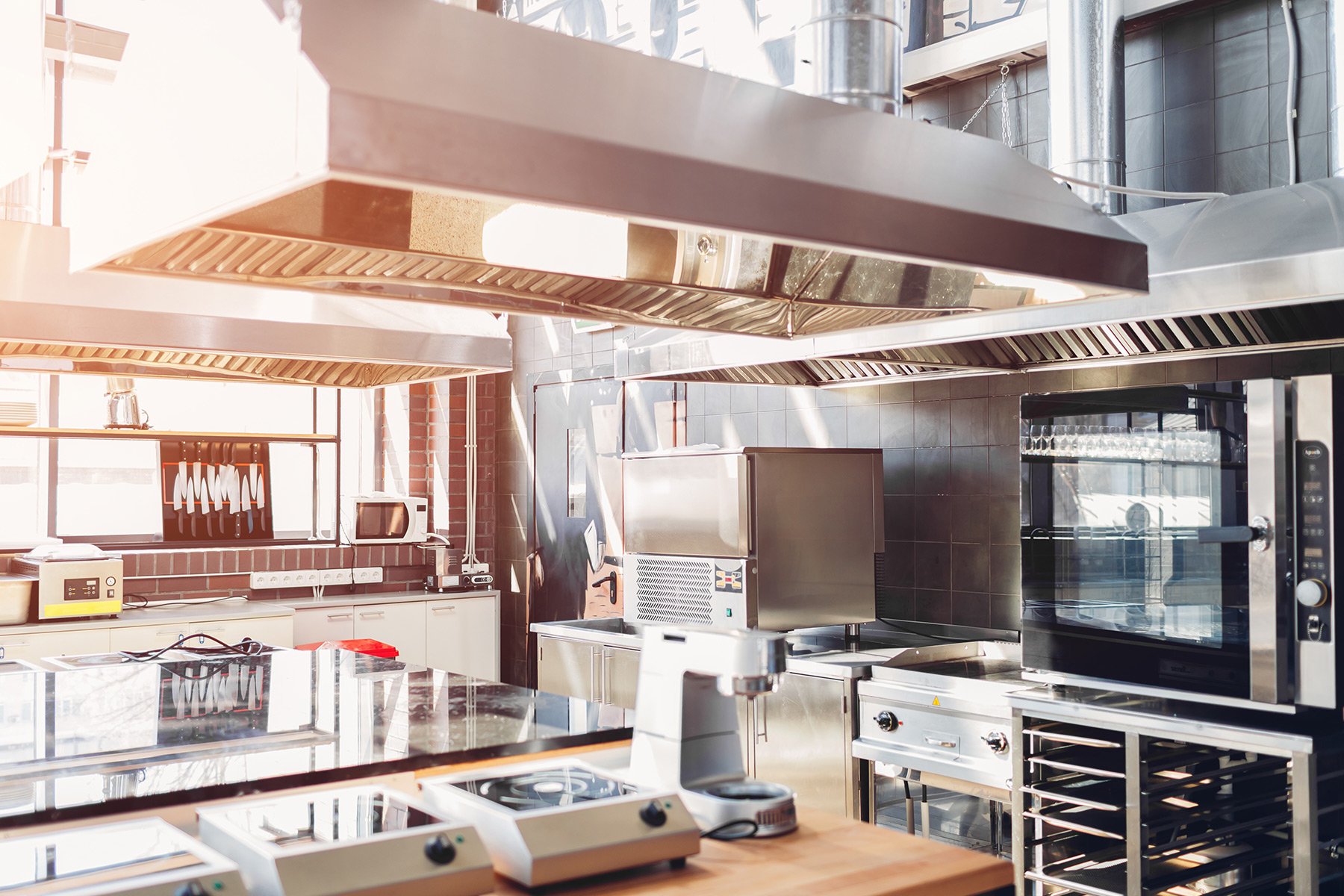
The Importance of a Well-Designed Kitchen
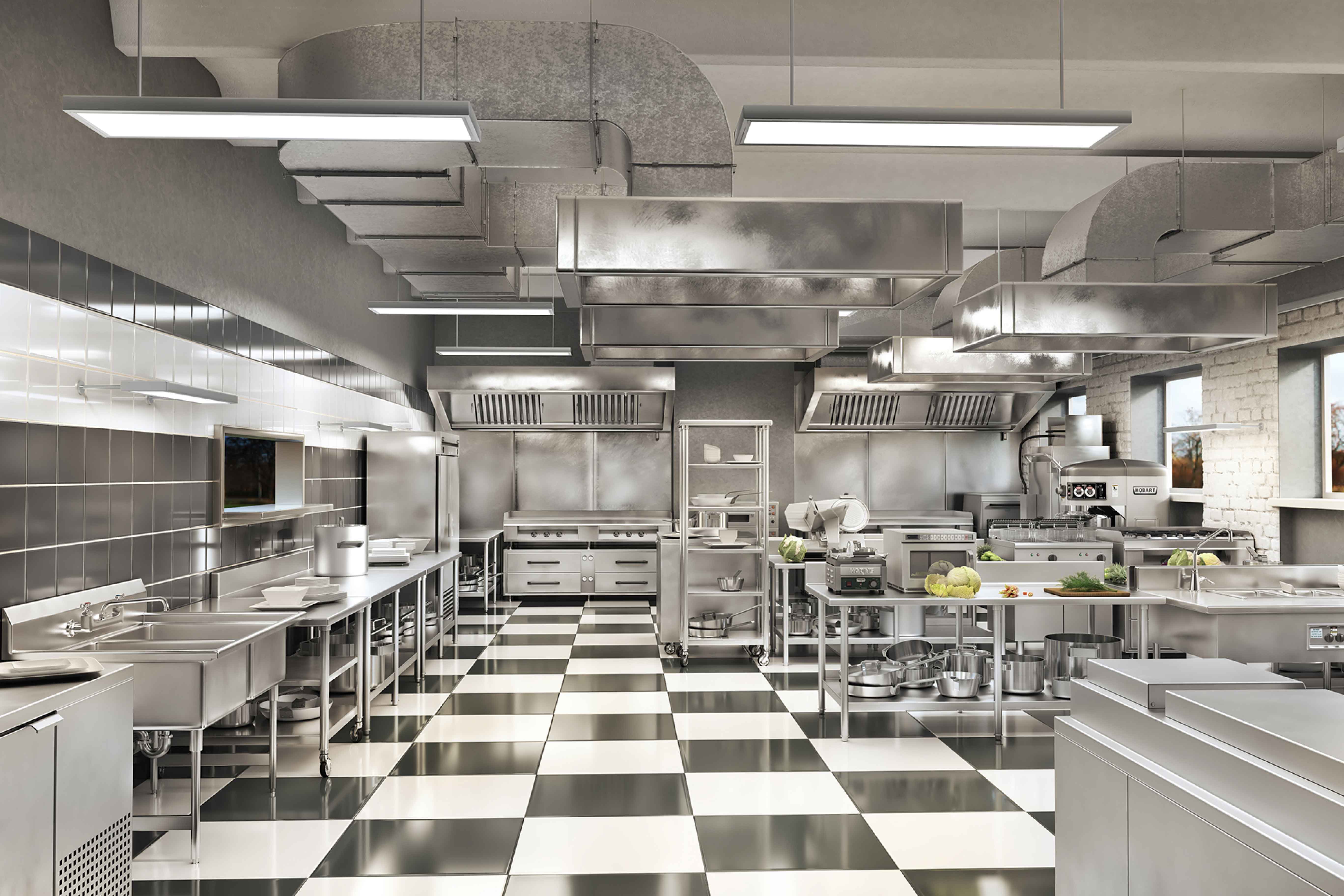 The kitchen is the heart of any hotel, and its design plays a crucial role in the success of a hotel's overall operations. A well-designed kitchen can improve efficiency, enhance the quality of food and service, and ultimately lead to a better guest experience. Therefore, it is essential to carefully plan and design a hotel kitchen to ensure it meets the needs and standards of the hotel.
The kitchen is the heart of any hotel, and its design plays a crucial role in the success of a hotel's overall operations. A well-designed kitchen can improve efficiency, enhance the quality of food and service, and ultimately lead to a better guest experience. Therefore, it is essential to carefully plan and design a hotel kitchen to ensure it meets the needs and standards of the hotel.
Considerations for Designing a Hotel Kitchen
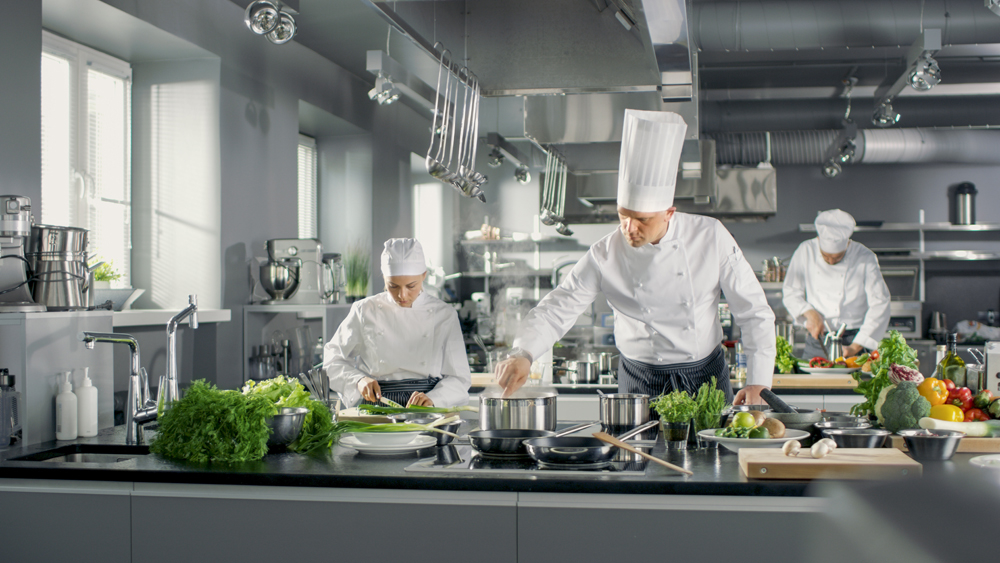 When designing a hotel kitchen, there are several factors that need to be taken into account to create a functional and efficient space. One of the primary considerations is the layout of the kitchen. The kitchen layout should be designed in a way that allows for smooth flow and movement of staff, as well as easy access to all necessary equipment and supplies. This can help to minimize any potential delays in food preparation and service.
Optimizing the use of space
is also crucial in a hotel kitchen. With limited space available, it is essential to utilize every inch efficiently. This can be achieved through clever storage solutions, such as utilizing vertical space and incorporating multi-functional equipment.
Maximizing the use of natural light
can also help to create a brighter and more inviting space, while also reducing energy costs.
When designing a hotel kitchen, there are several factors that need to be taken into account to create a functional and efficient space. One of the primary considerations is the layout of the kitchen. The kitchen layout should be designed in a way that allows for smooth flow and movement of staff, as well as easy access to all necessary equipment and supplies. This can help to minimize any potential delays in food preparation and service.
Optimizing the use of space
is also crucial in a hotel kitchen. With limited space available, it is essential to utilize every inch efficiently. This can be achieved through clever storage solutions, such as utilizing vertical space and incorporating multi-functional equipment.
Maximizing the use of natural light
can also help to create a brighter and more inviting space, while also reducing energy costs.
Implementing Safety and Sanitation Measures
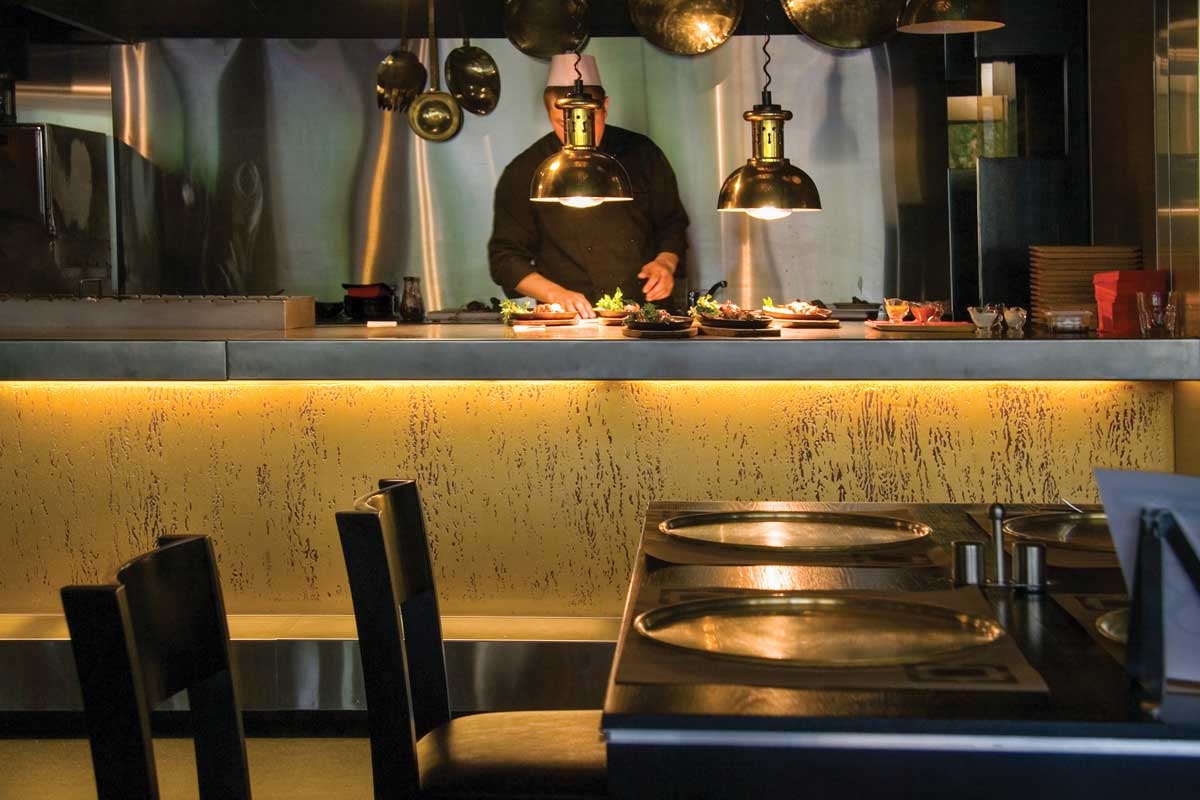 In a hotel kitchen, safety and sanitation are of utmost importance. Therefore, these considerations should be integrated into the design of the kitchen. This includes choosing durable and easy-to-clean materials, having proper ventilation and lighting, and ensuring the layout allows for easy access and movement around the kitchen.
Incorporating sustainability
into the kitchen design is also becoming increasingly important in the hospitality industry. This can include using energy-efficient equipment, implementing waste reduction practices, and choosing eco-friendly materials.
In a hotel kitchen, safety and sanitation are of utmost importance. Therefore, these considerations should be integrated into the design of the kitchen. This includes choosing durable and easy-to-clean materials, having proper ventilation and lighting, and ensuring the layout allows for easy access and movement around the kitchen.
Incorporating sustainability
into the kitchen design is also becoming increasingly important in the hospitality industry. This can include using energy-efficient equipment, implementing waste reduction practices, and choosing eco-friendly materials.
Collaborating with Professionals
 Designing a hotel kitchen is a complex process that requires the expertise of professionals. It is essential to work closely with architects, designers, and kitchen consultants to ensure that the final design meets the hotel's needs and budget. These professionals can also provide valuable insights and recommendations based on their experience and knowledge of the industry.
In conclusion, the design of a hotel kitchen plays a critical role in the success of a hotel. By considering various factors such as layout, space utilization, safety and sanitation, and sustainability, a well-designed kitchen can greatly benefit the hotel's operations and overall guest experience. With the help of professionals, a functional and efficient hotel kitchen can be achieved, setting the foundation for a successful hotel business.
Designing a hotel kitchen is a complex process that requires the expertise of professionals. It is essential to work closely with architects, designers, and kitchen consultants to ensure that the final design meets the hotel's needs and budget. These professionals can also provide valuable insights and recommendations based on their experience and knowledge of the industry.
In conclusion, the design of a hotel kitchen plays a critical role in the success of a hotel. By considering various factors such as layout, space utilization, safety and sanitation, and sustainability, a well-designed kitchen can greatly benefit the hotel's operations and overall guest experience. With the help of professionals, a functional and efficient hotel kitchen can be achieved, setting the foundation for a successful hotel business.






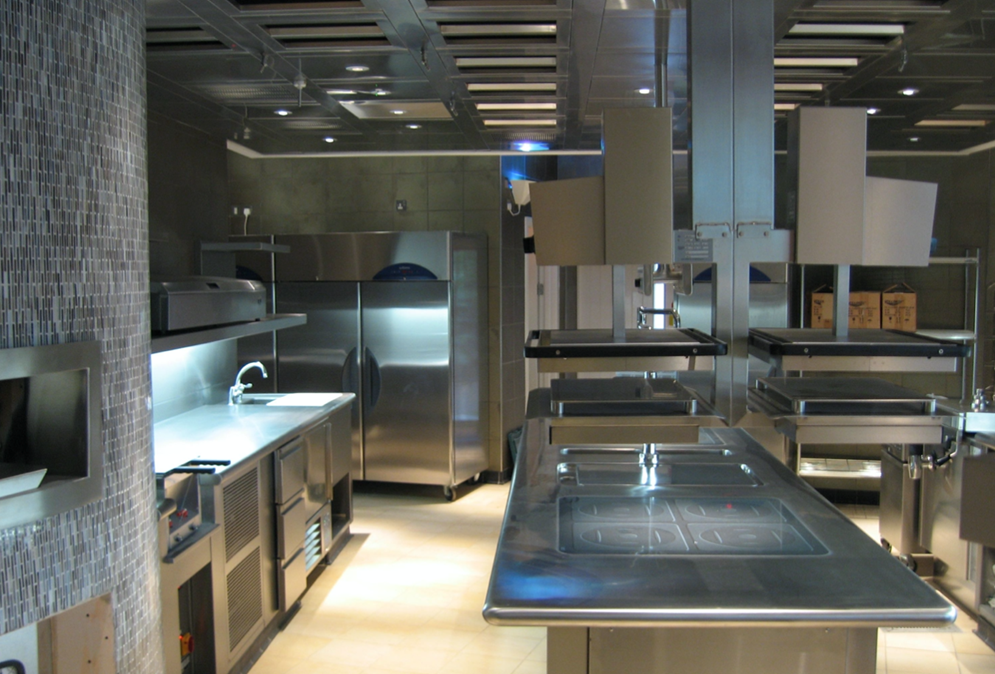

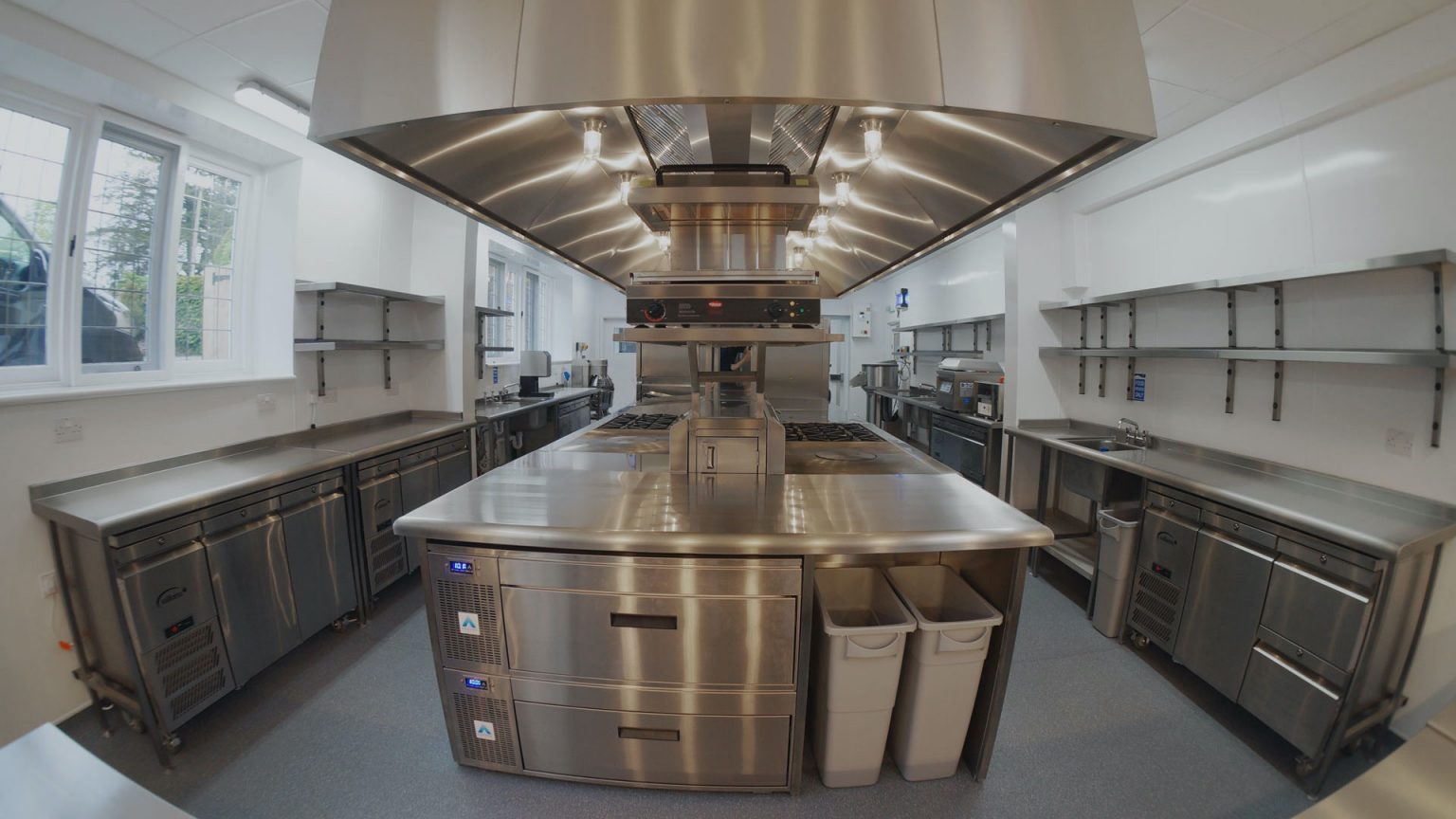
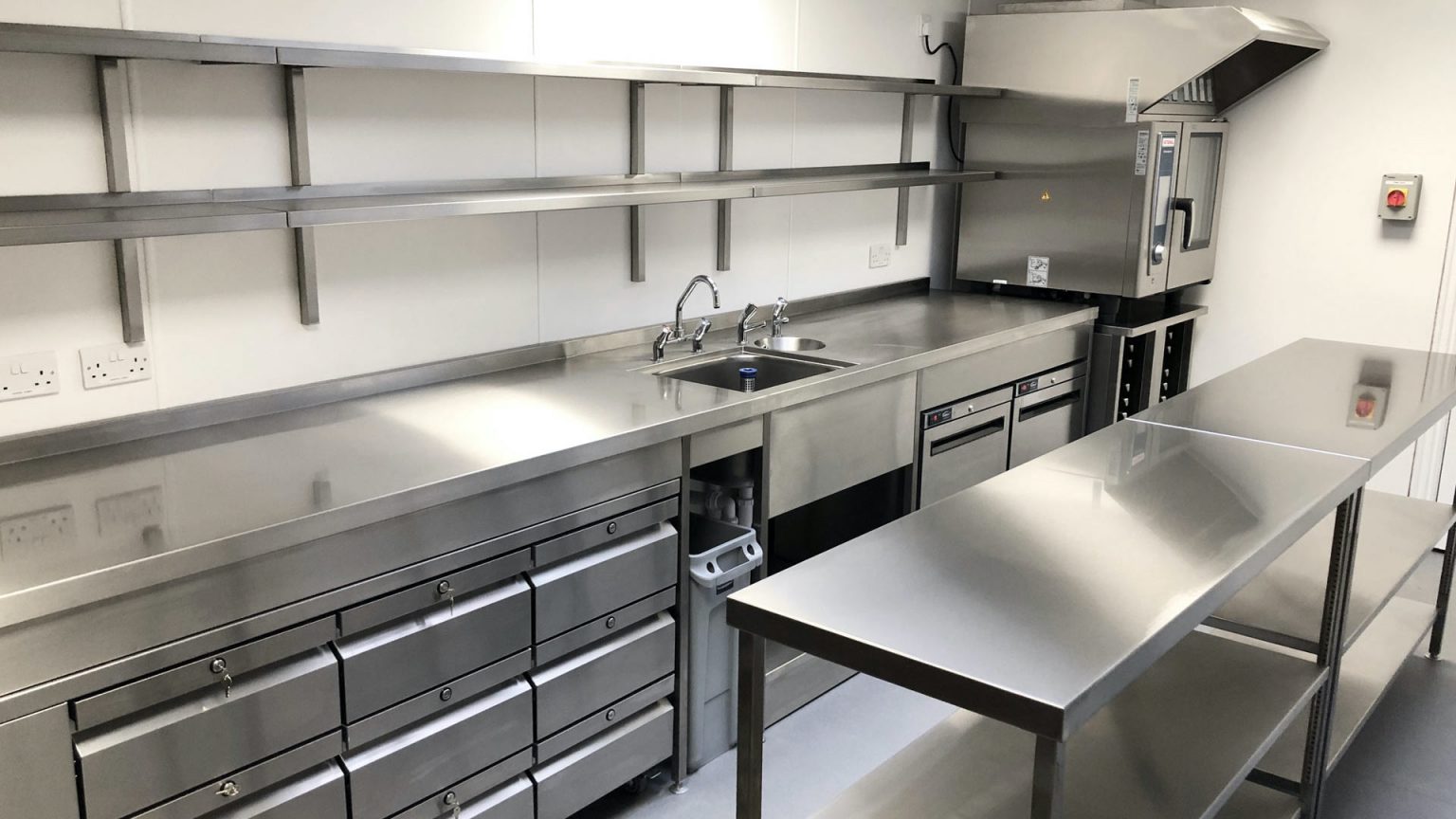





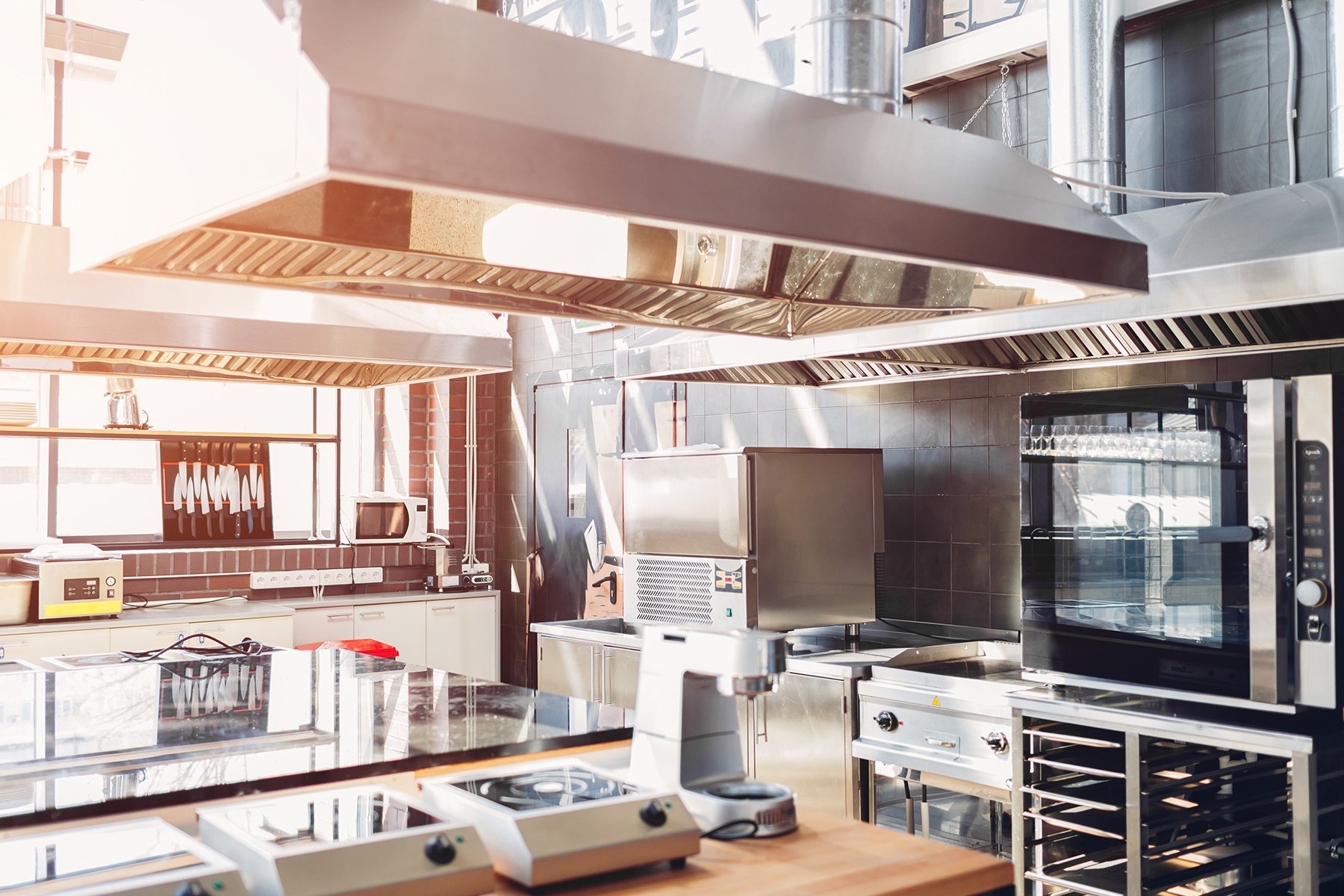
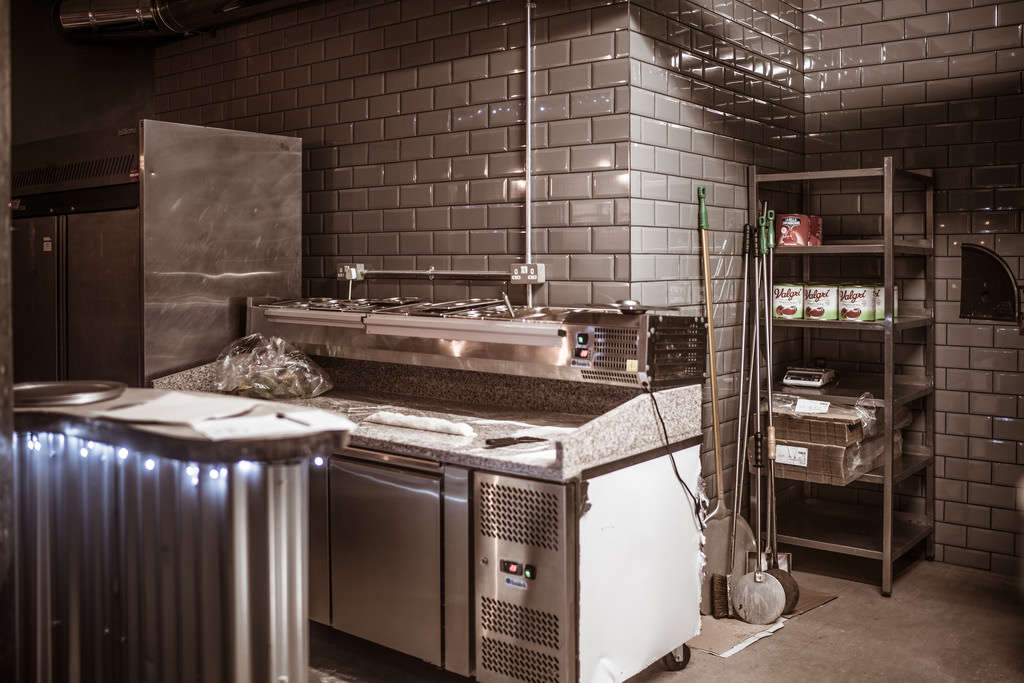






-p-2600.jpg)
